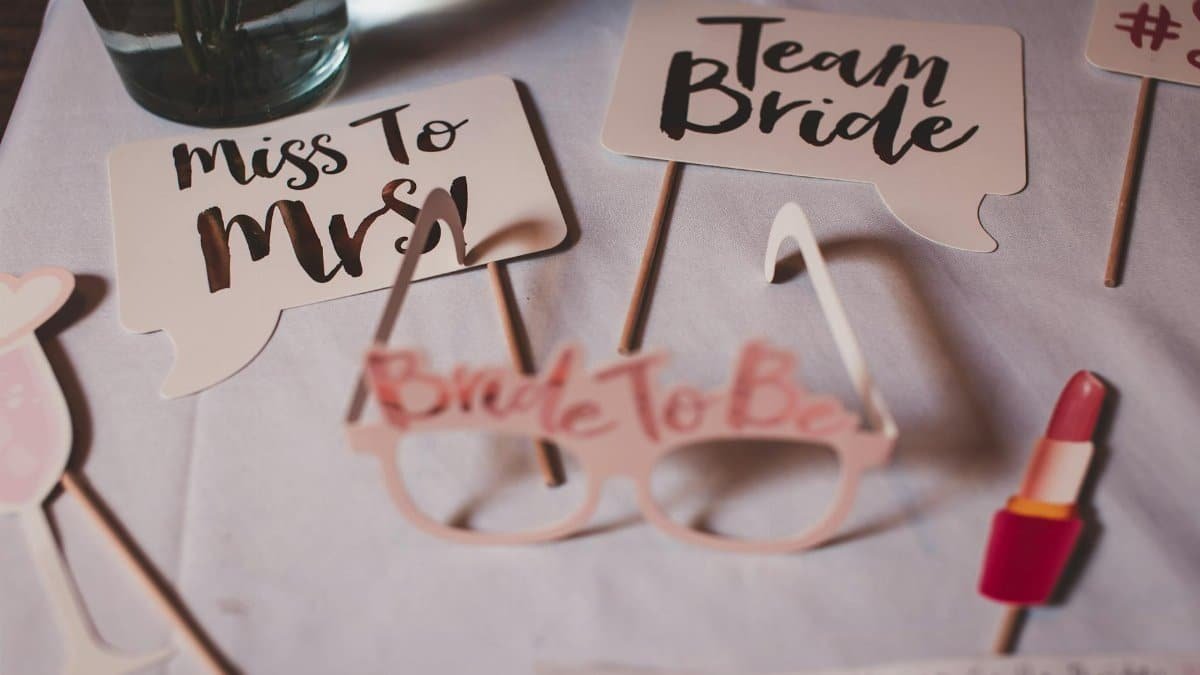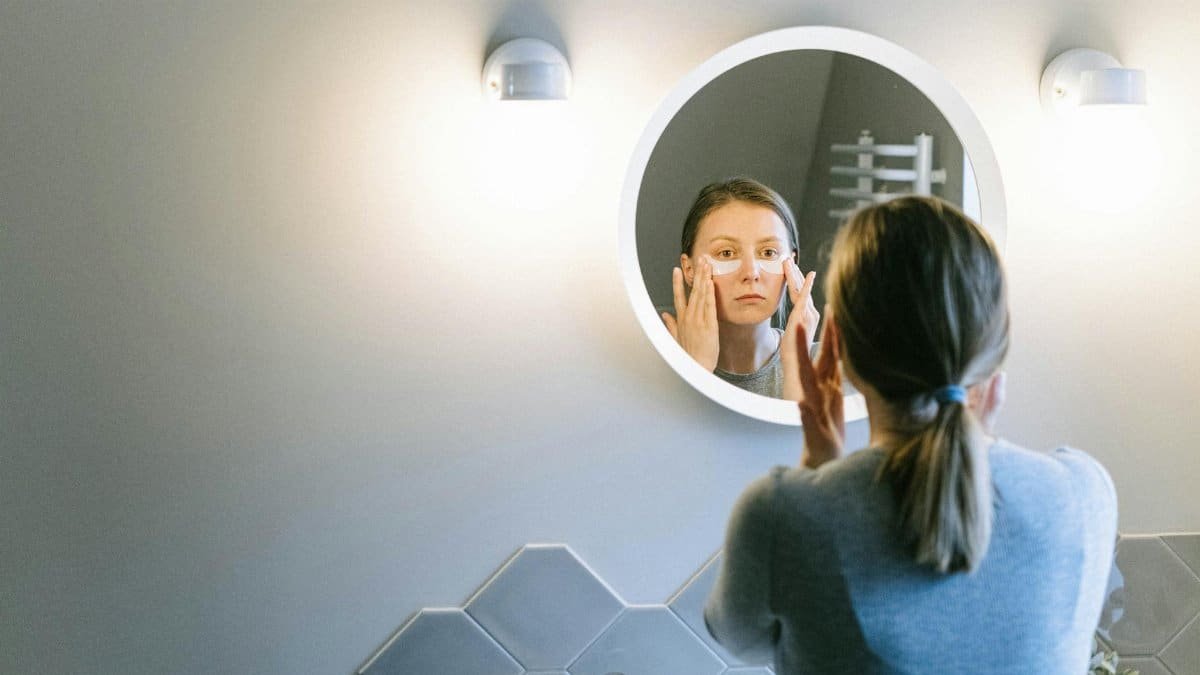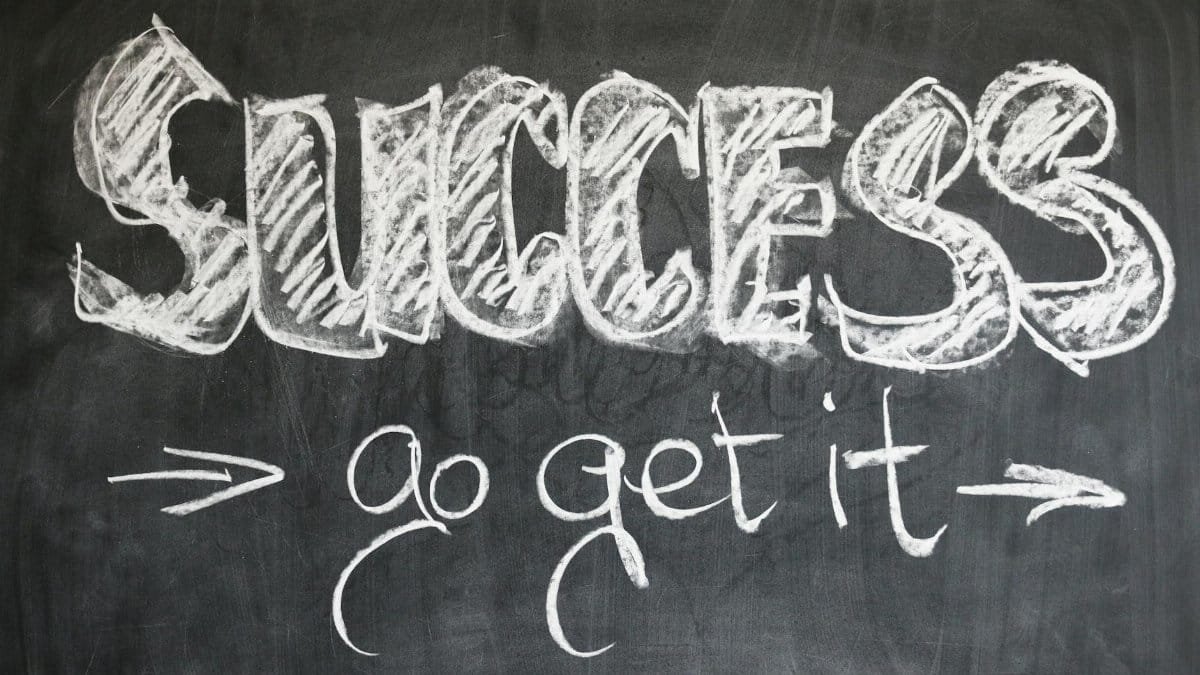In a world where relationships often demand compromise, is emotional growth the secret to loving deeply without erasing your own identity? Many Americans are grappling with this in 2025, as self-help trends surge amid rising mental health awareness. Emotional growth isn’t just buzz—it’s about building resilience, setting boundaries, and fostering mutual respect. Experts say it’s key to sustainable partnerships, helping individuals thrive rather than diminish. This approach counters codependency, empowering people to maintain their core selves while connecting authentically.
Recognizing the Signs of Self-Loss in Love

When love starts to feel like a slow fade of your own interests, it’s time to pause. Common red flags include abandoning hobbies, constantly deferring to a partner’s preferences, or feeling anxious without their approval. According to a study from the American Psychological Association, such patterns can lead to resentment and burnout. Emotional growth begins with awareness: track how often you say “yes” when you mean “no.” Reclaiming your voice prevents identity erosion, ensuring love enhances rather than consumes you. Real stories from couples therapy highlight how ignoring these signs leads to breakups, but addressing them fosters stronger bonds.
Building Boundaries as a Foundation

Boundaries aren’t walls; they’re bridges to healthier connections. Start by identifying non-negotiables, like personal time or career goals. Communicate them clearly without apology. A report from the American Psychological Association on Healthy Relationships emphasizes that firm boundaries reduce conflict and boost satisfaction. In emotional growth, practice saying “I need space” and mean it. This habit protects your individuality, allowing love to flourish without suffocation. Couples who master this report higher trust levels, proving that self-preservation strengthens partnerships.
Cultivating Self-Awareness Daily

Emotional growth thrives on introspection. Dedicate time each day to journaling or meditation, reflecting on your feelings and triggers. This practice uncovers patterns, like why you might people-please in relationships. Insights from Harvard’s long-term happiness study suggest self-aware individuals form deeper, more fulfilling bonds. Link: Harvard Grant Study on Adult Development. By understanding your emotions, you avoid losing yourself, instead bringing a whole, confident self to love. It’s a game-changer for those tired of one-sided dynamics.
Embracing Vulnerability Without Sacrifice

Vulnerability opens doors, but it shouldn’t cost your autonomy. Share fears and dreams openly, yet hold onto your values. Emotional growth involves balancing openness with self-protection. Therapists note that true intimacy comes from mutual vulnerability, not one person giving more. Draw from cognitive behavioral techniques to reframe fears of rejection. This way, love becomes a shared journey, not a solo surrender. In 2025, apps and online communities are making these tools accessible, helping more people navigate romance wisely.
Nurturing Independence in Partnerships

Love without losing yourself means pursuing individual passions alongside shared ones. Encourage solo adventures, whether it’s a weekend hike or a new class. Research from Pew Research Center shows independent partners report greater relationship longevity. Emotional growth here means viewing independence as an asset, not a threat. Couples who maintain separate social circles often avoid jealousy pitfalls. It’s about growing together while growing apart in healthy ways, ensuring neither feels trapped.
Handling Conflicts with Emotional Intelligence

Disagreements are inevitable, but emotional growth turns them into opportunities. Use “I” statements to express feelings without blame, like “I feel overlooked when…” This reduces defensiveness and promotes understanding. A study linked from the National Institutes of Health underscores emotional intelligence’s role in conflict resolution. Link: NIMH on Mental Health Topics. By managing emotions smartly, you protect your self-worth during arguments, emerging stronger as a unit.
Seeking Support When Needed

Sometimes, solo efforts aren’t enough. Therapy or support groups can accelerate emotional growth. Professional guidance helps unpack deep-seated issues, like past traumas affecting current relationships. The CDC reports rising therapy usage in the U.S., correlating with better mental health outcomes. Don’t hesitate to lean on friends or coaches for perspective. This network reinforces your journey, ensuring love doesn’t isolate you from growth resources.
Measuring Progress in Your Journey

Track emotional growth through small wins: feeling more at ease alone, or confidently voicing opinions. Set monthly check-ins to assess if love amplifies or diminishes your spark. Experts recommend apps for mood tracking, aligning with 2025’s digital wellness boom. Consistent progress builds confidence, making it easier to love fully without self-loss. Remember, it’s an ongoing process, not a destination.
Real-Life Examples of Success

Take Alex, a New York professional who nearly lost his identity in a demanding relationship. Through emotional growth workshops, he learned to prioritize self-care, transforming his partnership into a balanced one. Similar tales from across the U.S. show that applying these principles leads to happier, more authentic lives. These stories inspire, proving change is possible with commitment.
